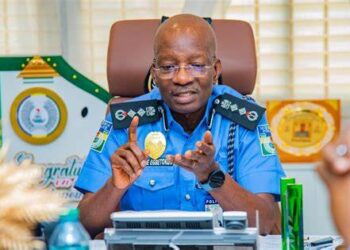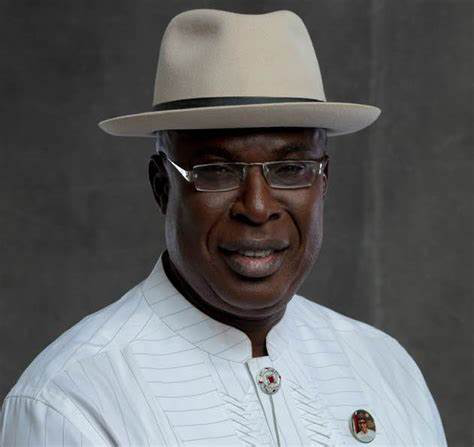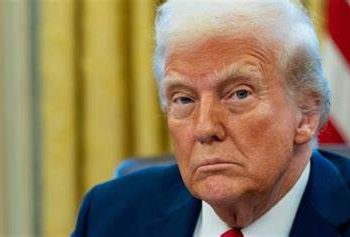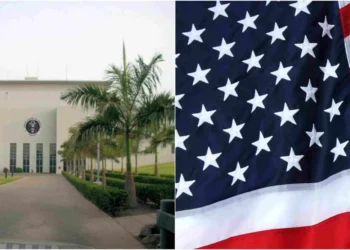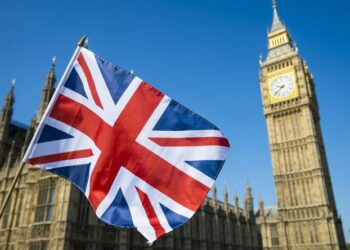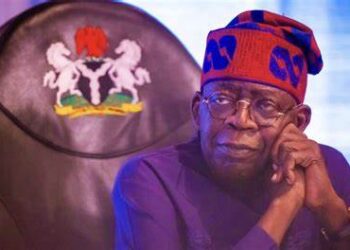A United States lawmaker has directly accused former Kano State Governor Rabiu Kwankwaso of bearing responsibility for the deaths of Christians in Nigeria, citing his implementation of Sharia law during his tenure as Governor.
Representative Riley Moore, who represents West Virginia’s Second District in the US Congress, made the explosive allegation in response to Kwankwaso’s denial that there is systematic religious persecution in Nigeria.
The confrontation unfolded on social media after Kwankwaso issued a statement pushing back against President Donald Trump’s designation of Nigeria as a Country of Particular Concern and the subsequent threat of American military intervention over alleged Christian genocide.
In his original statement, Kwankwaso had argued that Nigeria’s insecurity does not discriminate along religious, ethnic, or political lines. “Nigeria remains a sovereign nation facing security challenges caused by outlaws, not by religion or ethnicity. The insecurity we face does not distinguish based on religious, ethnic, or political beliefs,” the former governor and presidential candidate stated.
Kwankwaso had cautioned that careless foreign statements risked deepening divisions in what he described as an already fragile environment, calling for international understanding of Nigeria’s complex security realities rather than simplistic narratives about religious persecution.
However, when Kwankwaso shared his statement on his official social media handle, Congressman Moore seized the opportunity to launch a pointed counterattack, questioning the former governor’s credibility on matters of religious tolerance.
“Governor, do you care to comment on your own complicity in the death of Christians? You instituted Sharia law. You signed the law that makes so-called blasphemy punishable by death,” Moore wrote in his response.
The American lawmaker’s accusation references the controversial adoption of Sharia criminal law in Kano State and several other northern Nigerian states in the early 2000s, a period when Kwankwaso served as governor.
The implementation of Islamic legal codes in these states included provisions for severe punishments, including capital punishment for offenses such as blasphemy, apostasy, and adultery. Critics at the time argued that these laws could be used to target religious minorities and suppress freedom of expression.
Moore’s pointed question about Kwankwaso’s “complicity” in Christian deaths represents a dramatic escalation in rhetoric, with an American elected official directly accusing a prominent Nigerian political figure of creating the legal framework that allegedly enables religious persecution.
The exchange highlights the increasingly personal nature of the diplomatic crisis between Washington and Abuja, with American officials now targeting individual Nigerian leaders rather than limiting criticism to institutional failures.
Kwankwaso, a former presidential candidate of the New Nigeria Peoples Party who remains influential in northern Nigerian politics, has not yet responded to Moore’s specific allegations about his role in implementing Sharia law or its alleged consequences for Christian communities.
The congressman’s intervention also demonstrates how deeply the Christian genocide narrative has penetrated American political discourse, with lawmakers now willing to publicly challenge Nigerian officials on their records and demand accountability for policies implemented decades ago.
Moore’s accusation could complicate efforts to de-escalate tensions between the two nations, as it shifts the conversation from general security concerns to specific allegations of legal discrimination and persecution enabled by identifiable political leaders.
The Sharia law controversy has long been a sensitive issue in Nigerian politics, with supporters arguing it represents legitimate religious and cultural expression for Muslim-majority communities, while opponents contend it violates constitutional guarantees of equality and creates a dual legal system that discriminates against non-Muslims.
By bringing this issue back to the forefront of the current crisis, the American congressman has touched on one of the most contentious aspects of Nigeria’s federal structure and religious diversity, potentially making diplomatic resolution even more difficult.
At the time of this report, Kwankwaso had not issued any response to Moore’s allegations, leaving unclear whether he would defend his gubernatorial record or address the specific question about blasphemy laws and their impact on religious minorities in Kano State.


